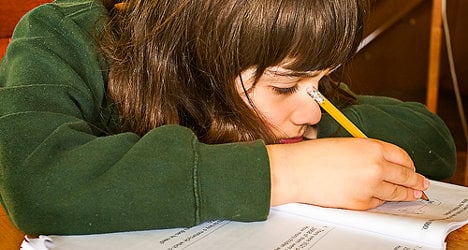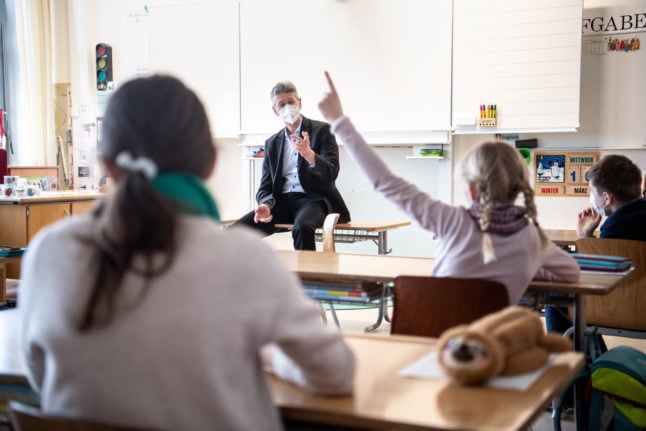Elena Alfaro is receiving widespread support from Spanish families who have either grown tired of paying high prices for school textbooks every year or who simply can’t afford them.
"It’s not fair that kids have to go through this," Alfaro tells Spanish news agency Europa Press.
"They end up not wanting to go to school because they feel isolated if they don’t have the newest books."
Alfaro argues the problem “can’t be resolved with charity”, but rather with an alternative system like book ownership by the school themselves.
The scheme, which is common in most European countries, sees parents paying a small deposit for the books that are lent to the pupils – a sum they get back when the textbooks are returned at the end of the school year.
According to Alfaro, this book-lending system is only being applied in regions like Andalusia, the Basque Country and Aragon.
Although her campaign has been gathering increasing attention and signatures, the mother of two has had no success yet with the Education Ministry and Spain’s ombudsman.
"Text books should be like desks: available and free from the start of the school year," Alfaro argues.
"The current system makes no sense and we’ve been dragging it along since the start of democracy in Spain. It’s time to say 'enough'."
According to a survey by Spain Consumer Organization (OCU),Spanish parents will pay an average of €189 per child in a public state school and €243 per child in a private institution.



 Please whitelist us to continue reading.
Please whitelist us to continue reading.
Member comments